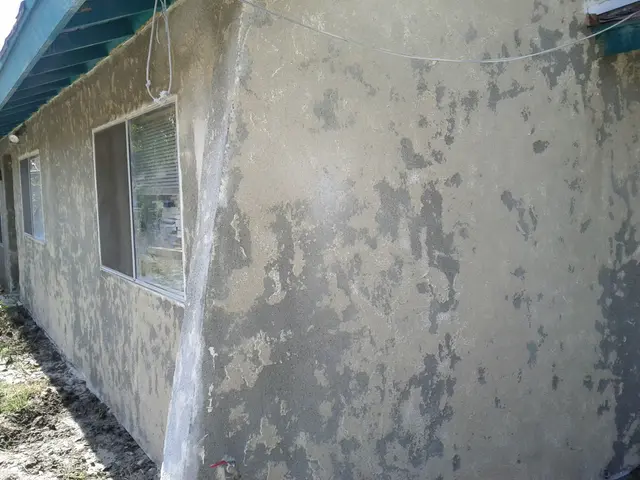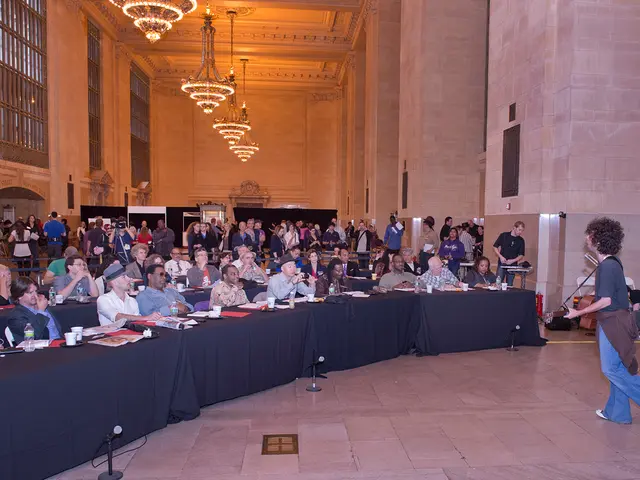Embracing the Permaculture Ethos: Expanding Principle Application Beyond the Vegetable Patch
In the 1970s, the concept of permaculture was born, with Bill Mollison and David Holmgren playing significant roles. Originally conceived as a means for permanent, sustainable agriculture, permaculture has since expanded to encompass sustainable living, building, gardening, economic concepts, community building, and spatial planning.
At its core, permaculture is about designing sustainable communities and neighbourhoods, making them more resilient and self-sufficient. It offers practical solutions that inspire us to move towards a greener future. By improving biodiversity, saving water, and growing our own food, permaculture provides a roadmap for a more sustainable world.
The principles of permaculture design are versatile, working equally well in rural and urban settings. In urban areas, permaculture can transform cities into green oases. Urban farms and community gardens can provide locally grown food, while renewable energy sources like solar panels and wind turbines can be harnessed to power our homes and businesses.
Smart water systems can be designed to conserve water and prevent waste, encouraging the use of rainwater for irrigation and other purposes. Promoting walking, cycling, and public transit can reduce carbon emissions and improve public health. Community spaces and shared resources can foster a sense of connection and community spirit.
The three main ethics that guide permaculture are caring for the earth, caring for people, and sharing fairly. By living in harmony with nature and valuing community, we can create a more sustainable and fulfilling life for ourselves and future generations.
Jobs in food production, renewable energy, or ecological restoration are examples of careers that align with these ethics. These jobs allow us to work with nature, not against it, and contribute to a more sustainable future.
The permaculture movement has already made a significant impact, inspiring urban farming in cities like Detroit and Brooklyn, and better neighbourhood design in Portland, Oregon. By adopting a permaculture mindset, urban planners and community members can build sustainable communities that are more self-reliant, environmentally-friendly, and connected.
In essence, permaculture means "permanent agriculture" and "permanent culture." It's not just for farming but for sustainable living spaces and communities. By changing our view of work and making a living, we can live more simply and sustainably, leading to a more fulfilling life that supports a better future.
So, let's embrace the permaculture lifestyle and make a positive change in our communities. Together, we can build a better world, step by step.





